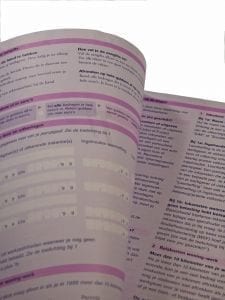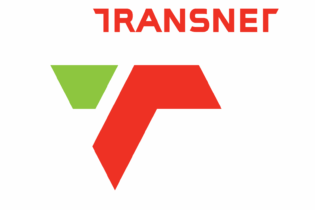Do not be caught short with missing VAT registration numbers and incomplete or missing tax invoices which could render your input VAT claims invalid.
Times are tough. Profitability is difficult to maintain in the face of rising petrol costs, labour demands and a slowing economy. Effective risk management is crucial to your survival especially when margins are under pressure. This applies to tax related paperwork as much as it does to route optimisation and load protection. Cross border deliveries have their own set of demands but failing to get things right at home could leave you out of pocket to the tune of millions. Be warned; if you’ve paid your input VAT but don’t possess the associated tax invoice, you may not deduct the input tax you’ve paid on the goods or services purchased. If you make the deduction SARS can – and will – add it back. To make things worse, SARS may also impose a percentage-based penalty. This is what happened in a recent case before the Pretoria Tax Court. A vendor CC deducted input tax of close to R4.5m on a VAT-return which wasn’t supported by the relevant tax invoices. The CC had actually obtained the goods from another VAT-registered supplier and based on the facts of the case, there was no indication that it would have been denied the input tax deduction if it did indeed have the tax invoice. Allegedly, someone in the supplier’s service had committed fraud and this is why the CC did not receive its tax invoices. SARS learnt of this whilst instituting a tax audit on the return, and then issued an assessment on 7 March 2008 reversing the full amount.This case highlights a problem that could be widespread. There are instances other than fraud where tax invoices can’t be obtained by recipient companies. The Value-Added Tax Act, No. 89 of 1991 (the VAT Act) states that companies may only claim input tax on supplies supported by valid tax invoices.
The CC in this case asked SARS to direct that a tax invoice was not required, in the circumstances. When SARS refused, the CC objected and then appealed to the disallowance of the input tax deduction. The Court agreed that SARS was correct to disallow the objection in line with the relevant objection and appeal provisions, strictly applied. So the company lost R4.5m for the lack of an invoice. The Court didn’t consider whether or not it would be possible to allow the deduction on the basis of a person’s constitutional right to ‘administrative action that is lawful, reasonable and procedurally fair.’ So for now, VAT registered companies and CCs are warned. Ensure that all input tax invoices are compliant, and make sure that the record of invoices is complete. Another problem that may be encountered by newly established businesses involves delays in the VAT registration process that could render tax invoices invalid. A tax invoice is invalid if, inter alia, it does not reflect the VAT registration number of the customer, who will not have a VAT registration number until SARS has processed its registration. SAICA (South African Institute of Chartered Accountants) has made submissions to and consulted with National Treasury and SARS, requesting amendments to the VAT Act to resolve this registration problem. Somaya Khaki, SAICA’s Project Director: Tax Suite says, “Businesses which are unsure about their tax compliance status should consult their accountant or find a professional tax consultant at www.taxsuite.co.za. This is a tax information database powered by SAICA and is the definitive resource for anyone needing to consult a tax professional. Simply access the website, click on ‘Find a Tax Specialist’, select the relevant options and link up to an appropriately skilled tax professional in your area. Better safe than sorry!”






